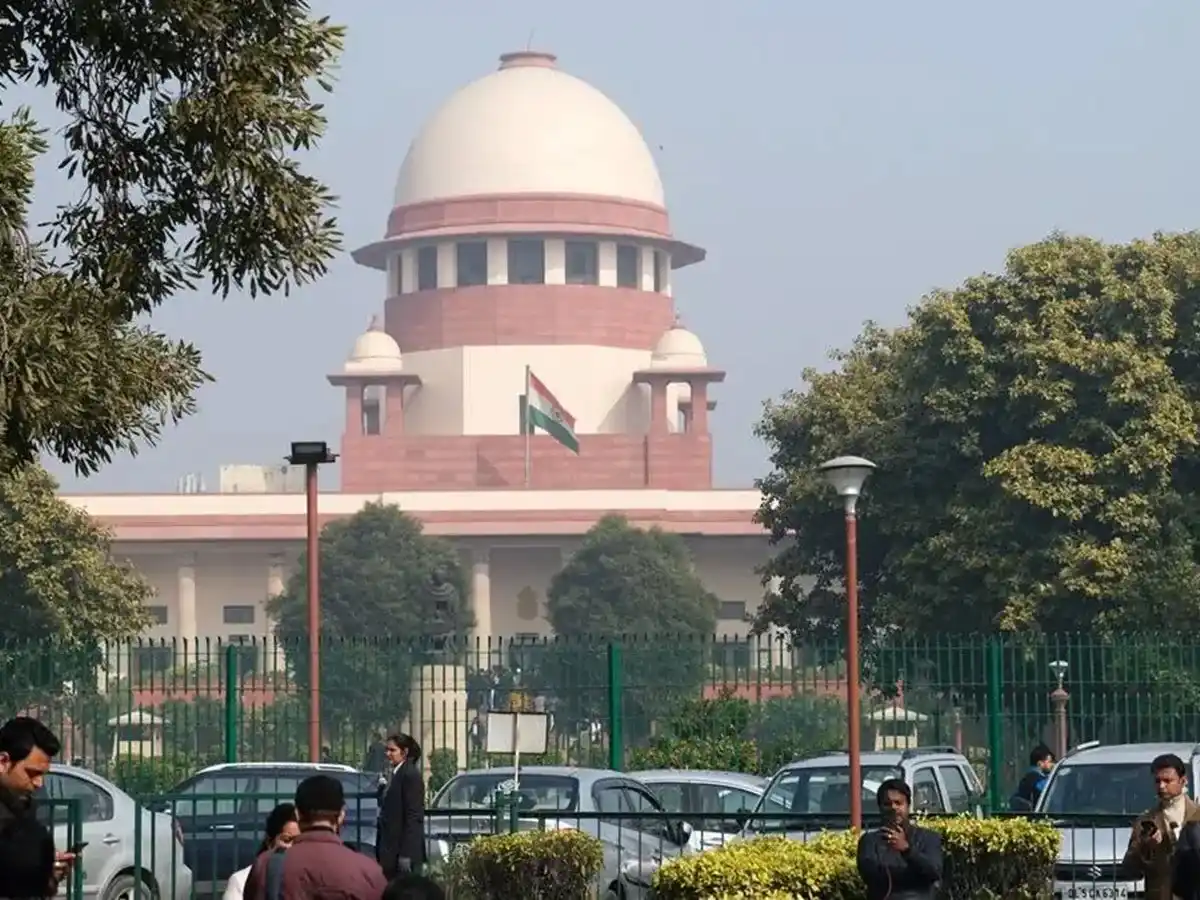Delivered a significant judgment regarding the legality of the specific clause providing citizenship to Bangladeshis under the Assam Accord of August 15, 1985. In a decision of 4:1, a constitutional bench led by Chief Justice DY Chandrachud upheld Section 6A of the 1955 Citizenship Act. Justice JB Pardiwala issued a dissenting opinion describing Section 6A as arbitrary, temporarily unreasonable, and clearly unconstitutional.
Justice Pardiwala presented two primary justifications for his ruling. He stated that there are two major issues with implementing Section 6A – firstly, there is no deadline for citizenship applications, and secondly, the state carries the entire responsibility of proving someone is a foreigner. If a person from Bangladesh is in Assam, the state bears the burden of proving that he is an illegal immigrant.
The sole challenge for a trespasser is to illegally cross the Indo-Bangladesh border and reach Assam. He is not required to demonstrate that he is not a trespasser, but a legitimate resident of India. Justice Pardiwala also mentioned that individuals should only have one opportunity to use the exemption provided in Section 6A, not numerous chances. A new rule was implemented dictating that individuals who migrated during the years 1966 to 1971 must be identified prior to being referred to the Foreigners Tribunal.
Justice Pardiwala noted that Section 6A(3) does not specify a deadline for identifying foreigners. This gives the state government the ability to delay in identifying, tracing, and eliminating infiltrators from the electoral rolls since there is no rush to do so within the specified time period.
Additionally, it permits migrants from 1966-71 to stay on the voter registration list indefinitely. A person is not required to seek citizenship until the Foreigners Tribunal determines they are a foreigner, despite the intent of Section 6A for swift identification, removal from electoral rolls, and citizenship regularization.
The students were required to complete the assignment by Friday. The responsibility falls entirely on the state to assist the infiltrators. Justice Pardiwala contended that Section 6A(3) assigns the full responsibility of identifying foreigners and bringing them before the tribunal to the State. The rule does not specify a deadline for Bangladeshis or other foreigners to register or disclose their identity. This is unfair and against the constitution.
He mentioned that Section 6A aimed to not just help the migrants, but also to tackle the worries of the Assam residents. Section 6A does not fulfill its duty of safeguarding the people of Assam by lacking a deadline for removing migrants from the voter list. This is clear-cut discrimination. The implementation of new policies led to an increase in productivity and efficiency within the company. Yun is not important 6A.
Justice Pardiwala stated that Section 6A of the Citizenship Act has gradually evolved into a clearly arbitrary and unjust provision. Referring to a number of previous rulings by the Supreme Court, he mentioned that all laws have the potential to become outdated as time passes. He stated that a law that started out as just can later become unfair and outdated. Therefore, the Supreme Court made changes to numerous laws periodically. Justice Pardiwala noted that the continued implementation of Section 6A is unconstitutional as it has become outdated.
He argued that the absence of a time limit in Section 6A of the Citizenship Act, 1955, and the responsibility of detection being on the state renders this legislation evidently arbitrary and unconstitutional. Article 14 of the Constitution is being violated because no similar provision has been made for other foreigners.

